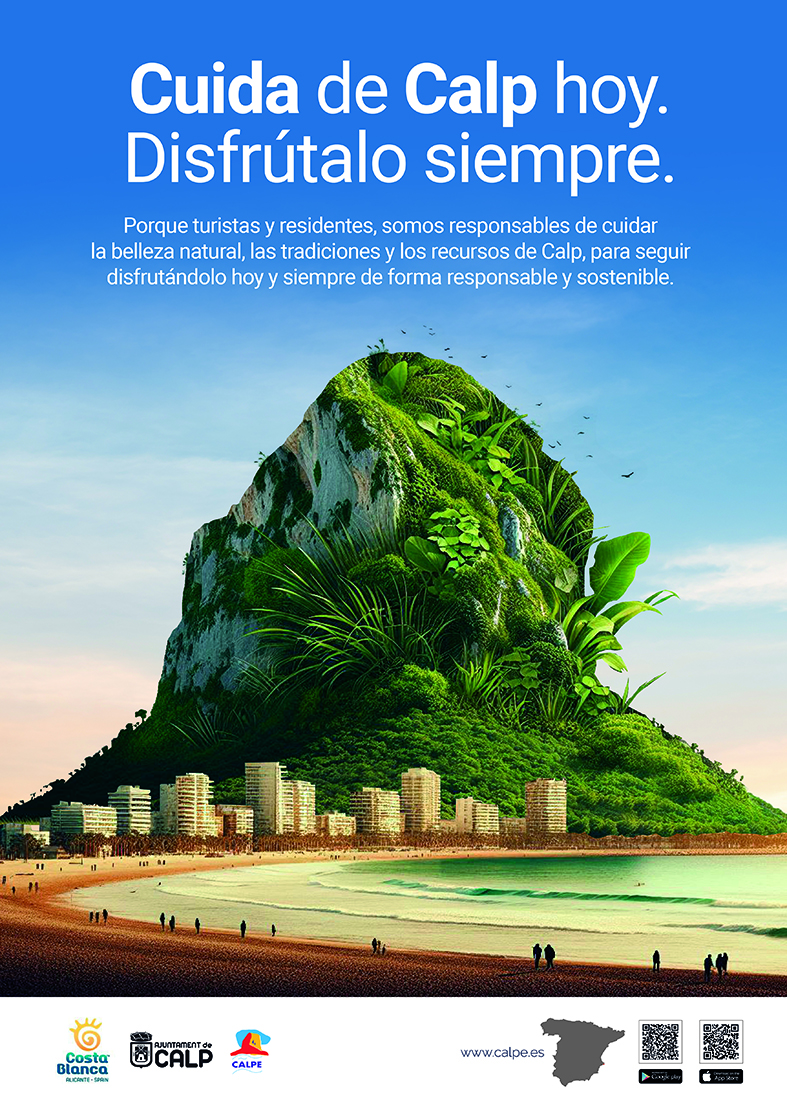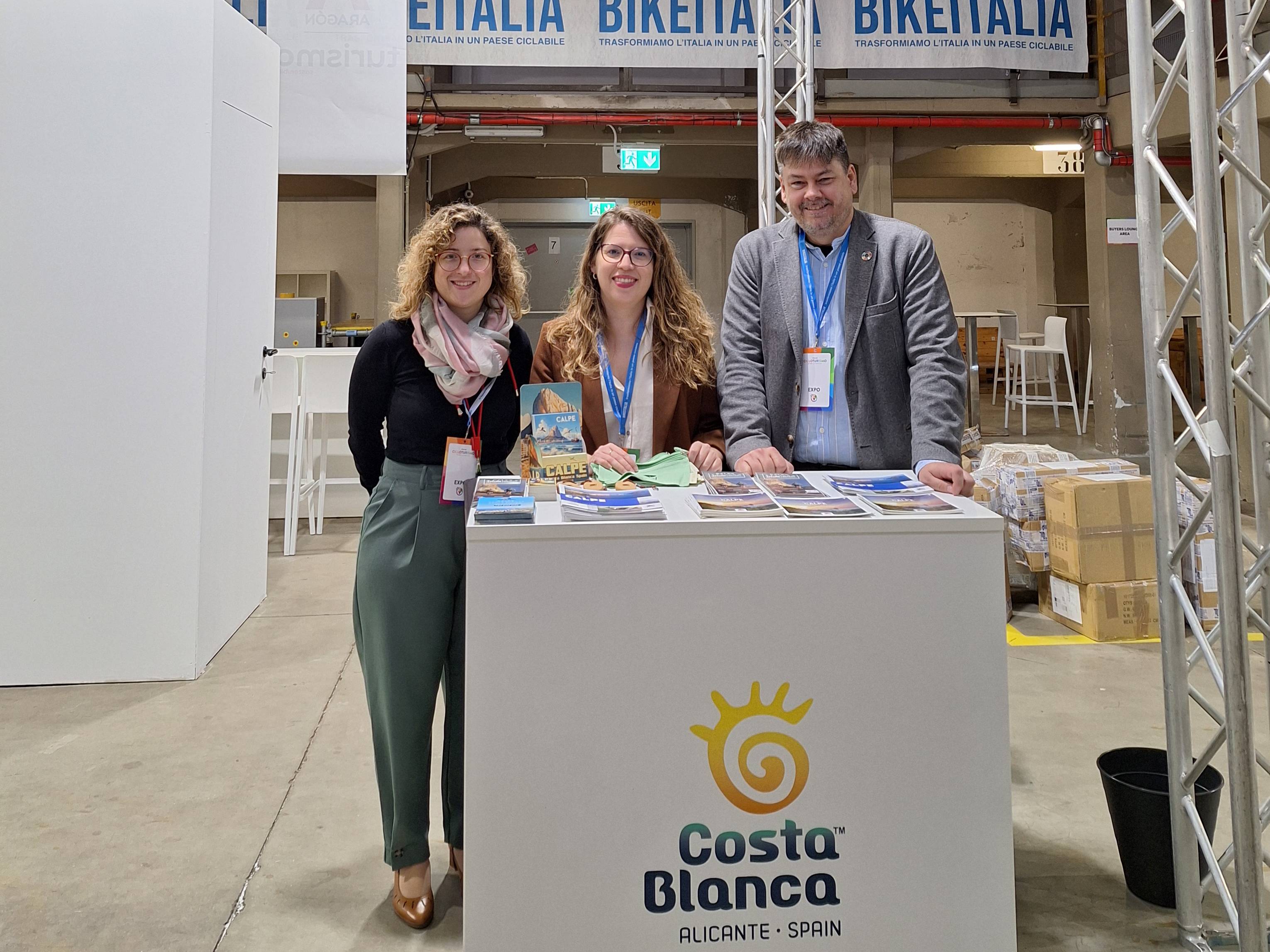Calpe has received a grant of 33,906 Euros from Turisme de la Generalitat Valenciana to adapt its network of trails to mountain biking.
This initiative is part of the measures to promote sports tourism and seasonal tourism in Calpe.
The project includes signage and adaptation of the traditional Calp road network, which was restored in 2009. The aim now is to make it suitable for mountain biking, a method that, together with road cycling in Calpe, has experienced a great boom in recent years. In fact, the municipality has been chosen by numerous professional cycling teams to prepare for the major sporting events of the season.
The measures concern 40 kilometres of footpaths and roads and eight of the nine routes belonging to the network of traditional roads: Route 1 with Camí del Cocó to Oltà; Route 2 from Casa del Cocó to Cosentari and Terrasala to Parque de la Cometa; Route 4 from Camí del Cocó, Casanova and Cometa; Route 5 from Camí de l'Ermita de Sant Joan to Rosina; Route 6 from Camí de l'Ermita de Sant Joan to La Creu; Route 7, from Camí del Cocó to Coll de Faixuc and Cepellar; Route 8 consisting of Camí al Castellet del Mascarat and Route 9, Camí d'Oltà.
The work will focus on the sections that are most damaged and that pose a certain risk to users of this type of cycling, and will consist of clearing the bushes and undergrowth, repairing the stone walls that divided the terraces and define the path, and replacing the road surface on the roads that require it.
The aim of this project is to extend the existing cycle paths in the municipality and thus consolidate this tourist product in the municipality. These measures will be added to other measures undertaken by the City Council as part of its commitment to cycling tourism in order to make its tourism offer seasonally independent, such as joining the BTT network of the Generalitat Valenciana and designing a specific brochure in this field.
In addition, this initiative aims to restore part of the municipality's ethnological heritage by enabling those who use these roads to reach places unknown to many today and to experience a centuries-old way of life. In this sense, it will be possible to visit the Casa dels Corralets, the Casa del Pla de Feliu or the Cases de Torrat, agricultural buildings with rural architectural elements.







